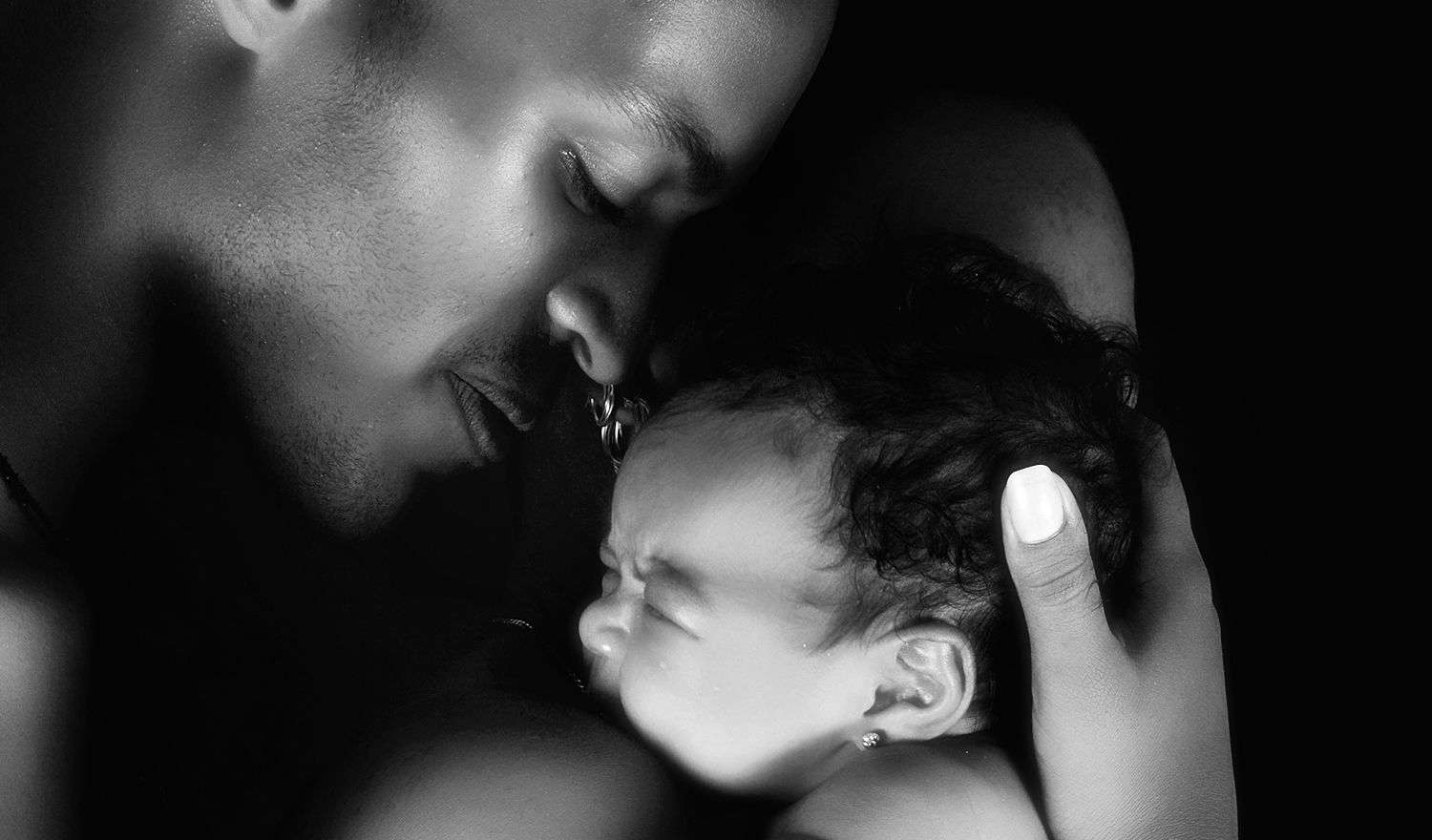He goes with her to every doctor’s appointment. He looks after her healthy and stable diet. Both share plans and errands. They both experience the joys and stress of waiting. He supports her when she does exercises that prepare her for the delivery. Fortunately, this image is becoming more and more frequent in Cuba’s public and private spaces.
However, when the day comes, he is anxious and wants to be nearby, but he isn’t allowed into the delivery room. He must wait downstairs at the hospital. He isn’t allowed to see his child’s birth. He doesn’t have a right to be at the birth and be the responsible father he has chosen to be. Where is the law that bans him or allows him to be present?
There are other examples of this same contradiction. For example, they decide to share their care time for the baby in the first twelve months, legally protected by maternity/paternity laws. He takes part in the reproductive workload, that’s to say, he cares for his children. Both receive similar wages for the same job, therefore, sharing this child care isn’t a financial alternative but an emotional choice.
That’s all fine up to there, but in our social environment, doubts, questions and judgements appear about the attitude of both parents, which are translated into phrases like: “it’s the mother who knows how to look after a baby”, “a man around the house becomes stupid”, “he just doesn’t really want to work.”
Being a responsible father creates social tension in situations like this, but it is a right protected by the law. Nevertheless, this tension includes society’s strange tendency to resist change and to shame those who try to do so. Shouldn’t we be taught that this is a natural right?
The same thing happens when the child goes to outside care, when they must register at a day-care center to be more precise, and all the important questions are directed at the mother. Her health, her professional details, her situation and her account of how the first year of maternity went. At that moment, the father’s information can also be added, but it’s not compulsory.
He takes part in the adaptation process. He pays attention to the explanations given. However, the reference, the last word and consent belongs to the mother. “Ah, of course, the father too.” Being a responsible father doesn’t only imply an attitude or resisting norms, it is also an educational challenge.
Let’s take a couple who decide to separate as an example. Through a lawyer, they try and agree on a timetable to see and care for their child. Both parents have parental responsibility, but custody and physical care of the child only belongs to one of them. The law stipulates that unless she is proven to be incapable, the mother is given priority. He, who assumes the paternal role to this child, suggests that they both share custody and physical care of the child. He also proposes that ground rules in both spaces be set and agreed so that the child’s education isn’t affected.
The law doesn’t recognize this option as a right. It is only allowed if it is the mother’s expressed desire. In the end, they agree on a flexible timetable, but it’s unfair, because this alternative and loving father isn’t protected by the law in any of these circumstances. Generally-speaking, the current law in force emphasizes “traditional” parental duties and doesn’t establish the rights of those who want to go the extra mile.
Being a responsible father is included as a subject of gender equality. It forms part of more comprehensive processes such as feminist struggles and the search for a new kind of masculinity. It essentially empowers liberating gender relations.
With a greater or lesser understanding about these processes, the truth is that there are many fathers who are now appearing in public and private spaces, as a stable, loving and available figure, taking on another with their paternity another masculine role. Shouldn’t the law enshrine this option as a right?
Traditional mother and father roles tend to shift. Discipline, rigor, scolding as the only resource, the emotional distance and “being” on the street, are being blurred as paternal characteristics. Communication, loving companionship, sensitivity, responsibility for household chores are beginning to transfigure that character we have inherited and reproduced and are now showing men taking on their new role in the family.
Having a personal choice is a necessary step, but it isn’t enough. Another kind of paternity demands another kind of law. Laws need to be designed so that fathers can enjoy this new paternity fully. It also demands a permanent process of learning, full of nuances which deal with this subject in all its aspects and its liberating potential.
This article was translated by Havana Times from the original published in Spanish.






